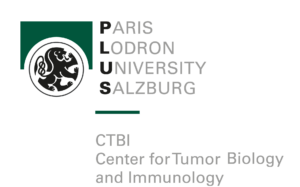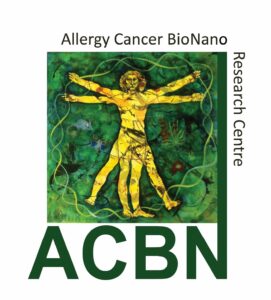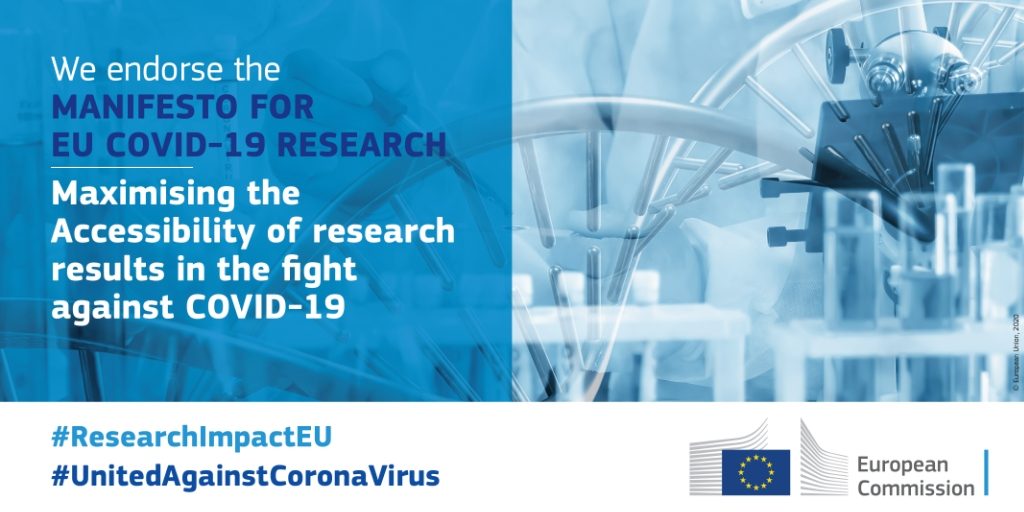ACBN wird zu CTBI –
Center for Tumor Biology and Immunology
Weitere Details folgen 2024


Welcome!
The Allergy Cancer BioNano Research Centre (ACBN) is the largest of three Excellence Clusters for Research within the University of Salzburg. The immune system is in focus of ACBN, where all three topics are connected: Immune reactions are overshooting in allergy, are insufficient or inappropriate in cancer and they are the main reason why nanoparticles are tolerated or defended against.
The History of ACBN started 2003, when it was founded under the name “BioScience and Health”, so if you remember this unit, it is the same as ACBN. Over the years, the centre has expanded both in size and in scope, adding for example the bio/nano issue and including groups from the material sciences in the initially purely biological centre.
Our research is based on lively and fruitful cooperation between groups from different disciplines, which provides a wide range of competences, methods and approaches. We investigate molecular mechanisms of immunity from different perspectives, based on a strong, shared interest in this topic. The success of ACBN is based on the synergies which are created by this joint effort.
Allergy affects in developed countries up to 35% of the population. It is our goal to understand how complex interactions with the environment – not just with allergens – induce the activation of immune mechanisms that are otherwise more associated with defense against parasites. We also study responses in already existing allergies, to contribute to the development of better treatments.
Cancer is a complex disease, where every tumor has its own history and properties. We focus on the microenvironment of tumors, especially on its interaction with the immune system. Since immunity can both fight and support tumors, it is important to gain insights into the molecular mechanisms which govern that interaction. New target are needed for new generations of drugs.
Bio/Nano Interaction is a hot issue, since nanotechnology is increasingly part of our daily life. Nanoparticles are in the size range of biomolecules, leading to unique bio/nano interactions. The response of immune cells to nano-entities largely defines them as harmless or as hazardous. We are interested in the molecular principles governing these interactions, in predicting and testing the safety of nanoparticles and in supporting their use for medical applications.





